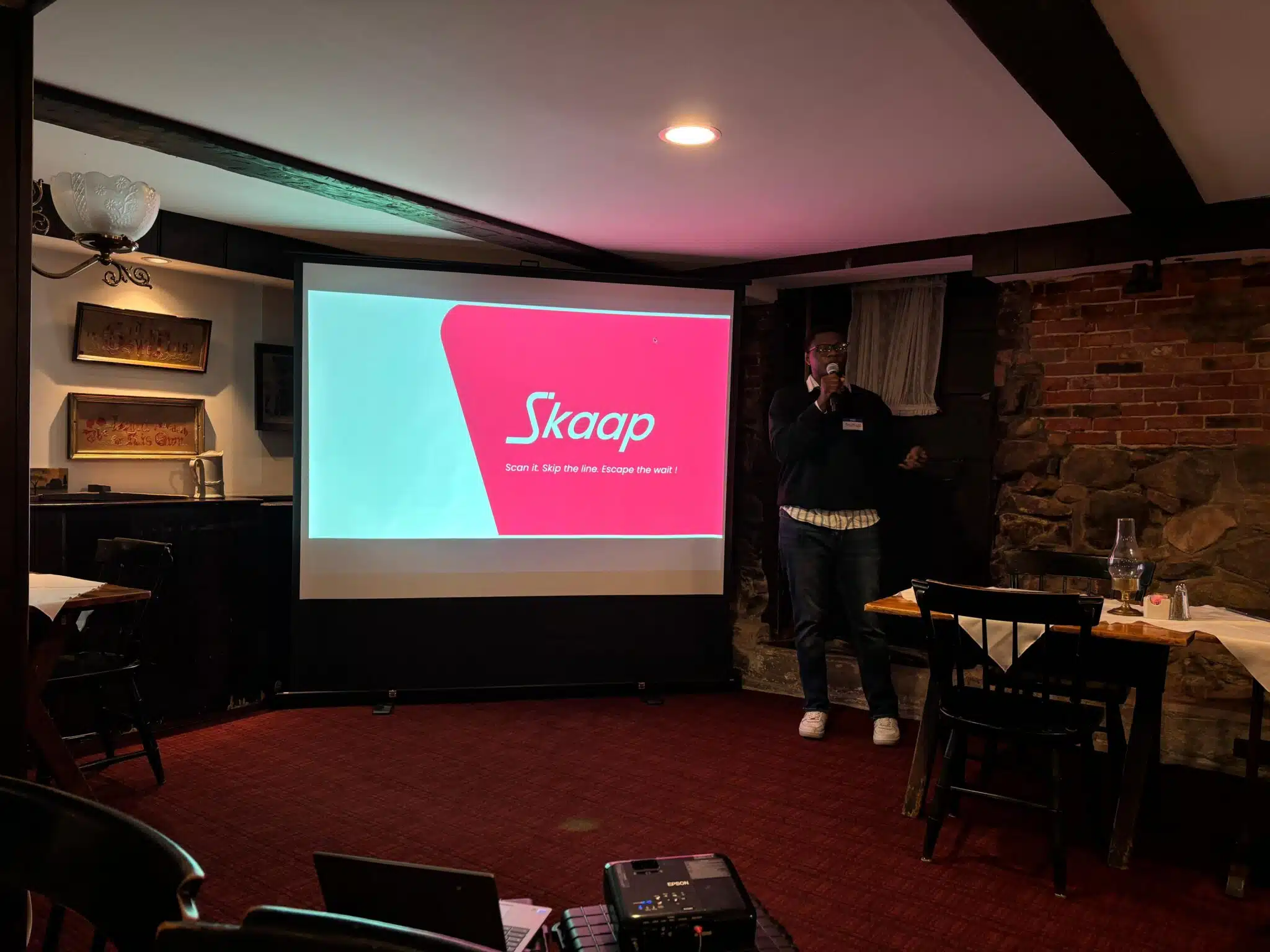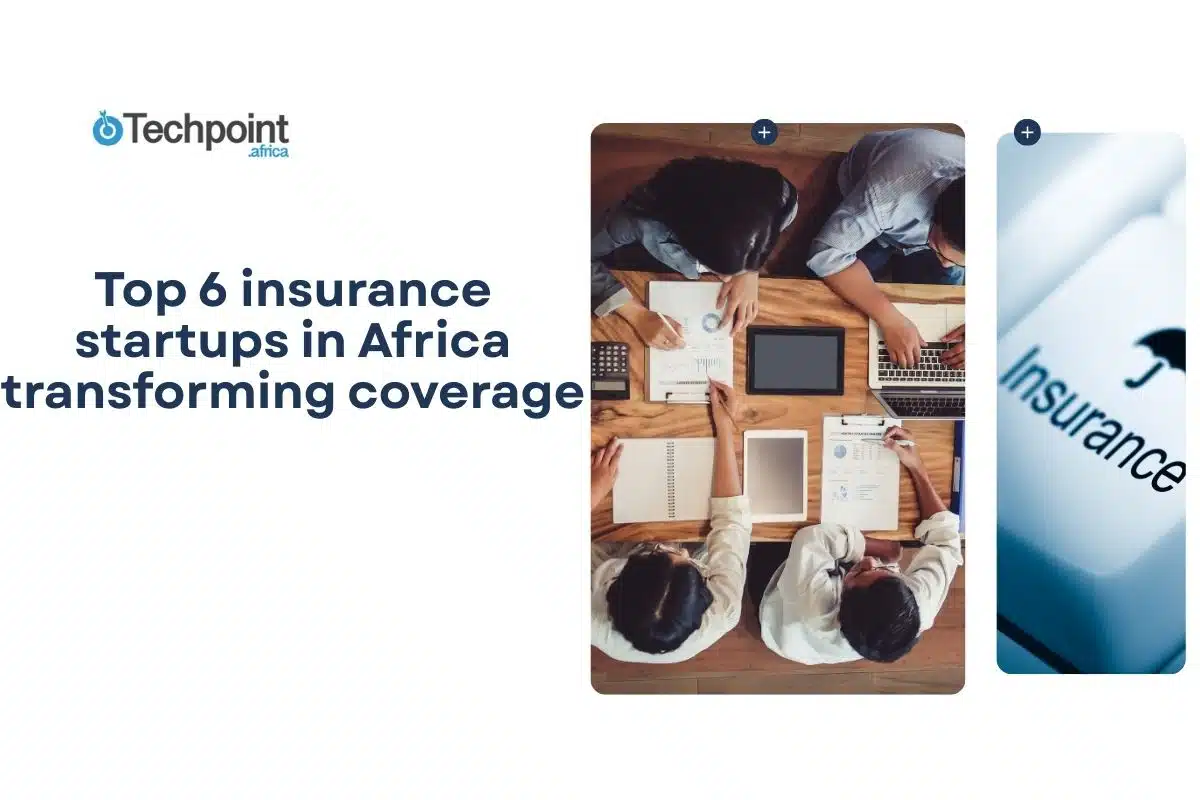Between 2022 and 2023, approximately 3.6 million Nigerians migrated out of the country. That number is set to increase with worsening economic conditions. A 2024 survey by Afrobarometer revealed that 33% of Nigerians had thought of leaving the country, up from 11% in 2017.
For many of these individuals, migration will remain a dream except they can figure out ways to fund their travel. For example, travelling to the United Kingdom as a student for a one-year course now costs as much as ₦40 million ($26,000), thus making finances one of the biggest hurdles in migration.
Tielle Travel, a subsidiary of the Social Media Centre Marketing, offers travel loans to individuals travelling out of Nigeria for various purposes, including business and study.
“Tielle is a regular loan app, but it is tailored solely towards travellers. Those who want to buy tickets, pay for tuition fees, pay for admission, and pay for everything that has to do with travelling out of Nigeria. The two core services of the app are travel loans and travel savings,” Solomon Sanusi, Founder of Tielle Travel, tells Techpoint Africa.
Sanusi adds that Tielle Travel was born out of the need to solve a major problem associated with leaving the country, where people looking to travel often have to sell off their valuable properties to raise the required funds.
“I have been in the travel space for some time now. We started out by assisting people to get admission abroad and working on their passports. About two years ago, there was a lady who came to us who wanted to travel to the UK with her three children. She had everything she required, and all she needed was the money to travel. That was where the idea came from.”
How travel financing works
To finance a business or study travel, Tielle Travel either turns over the loan amount to the borrower or directly pays for the goods or services they need the financing for. The company typically finances up to 50% of the total amount a borrower needs.
“A lot of the time, the reason people sell their properties is to finalise travel plans, not to start them. They often start their plans with some financing and get to a point where they need extra funds to complete the process. At this point, we come in as a support system,” Sanusi says.
The process of securing the loan starts with a Know-Your-Customer (KYC) exercise that can be done on a customer’s mobile phone. The KYC process enables the company to familiarise itself with the borrower, understand the purpose of the travel financing, and gather supporting materials for the borrower’s claim.
“If you say you want to pay for your tuition, you should have your admission letter. If you apply for a loan to buy a flight ticket to Portugal, you must already have an approved visa to Portugal. Your admission letter and visa will be part of the essential documents you have to submit when applying.”

Victoria Fakiya – Senior Writer
Techpoint Digest
Make your startup impossible to overlook
Discover the proven system to pitch your startup to the media, and finally get noticed.
Tielle Travel also offers savings on travel payments, allowing users to take advantage of cheaper prices or seasons.
Tielle Travel helps users lock in lower travel costs by allowing them to book flights in advance and pay in installments. For instance, if a user is planning a trip during a high-demand season, Tielle secures the ticket at the current, lower price before fares rise. The user then pays gradually up until their travel date, avoiding last-minute price surges due to limited funds.
“The travel savings have a lot to do with business professionals or corporate individuals who are trying to save themselves the trouble of waiting till the sales of tickets go up. So, if someone needs to travel in August or September, they know that the prices of tickets in July will be different from the prices in September.
“We are partnering with companies like airlines, hotels, universities abroad, and other institutions. We reach out to an airline partner, secure the ticket, and then hold on to it. On our app, users have a dashboard with a savings calculator that helps them calculate the time they have to pay off their savings between the start of their savings and their travel date. They pay the going rate as of today, not two months from now,” Sanusi explains.
Tackling a culture of bad loans in Nigeria
Sanusi notes that a potentially significant challenge with the model they have adopted is ensuring loans are refunded at the right time. The 2024 financial statement of seven major banks in the country showed that non-performing loans (NPLs) surpassed N1.57 trillion.
To tackle this issue, Tielle Travel requires that the borrower bring an additional person to sign on their behalf and another person to act as a guarantor for the loan.
“The person taking a loan is going to leave Nigeria, so two people input their data on the form and co-sign for the release of the loan. The person travelling is the first signee, and the person staying back in Nigeria is the co-signee. Those two people are the ones taking the loan, then there is a guarantor who stands in as surety.”
The company is also working on partnerships with institutions, like universities in foreign countries, to act as an added check for users.
“Our institutional partners are going to be the ones enforcing our checks. Also, as I mentioned earlier, we will maintain direct communication with the co-signee.
“So, if a school partners with us, we can drive numbers to the school, and based on that working partnership, they can serve as a check on that end. We currently have an ongoing conversation with the University of Manitoba in Canada for this kind of partnership,” Sanusi says.
Funding and partnerships
Tielle Travel is yet to raise external capital, and is primarily funded by its founder. However, the company is exploring partnerships with financial institutions to provide liquidity while actively fundraising from angel investors.
“We are just formalising the partnership with Globus Bank with the legal paperwork, which will finalise the process of launching on the back of the bank for at least the first year. Then, we will see how we can scale and raise funds from other sources,” Sanusi says.
Tielle Travel is venturing into a 4.20 trillion education loan market, and, with a focus on business and education, will need a significant amount of capital. Travel costs are becoming increasingly expensive, and as the company acquires more users, it must find a reliable funding source.
Additionally, the company’s decision to recover loans three months after disbursement may be suitable for businesses, but could be challenging for students who have just arrived in a new country and have barely settled down. This approach differs significantly from the practices of education financing competitors like Prodigy Finance and Mpower, which offer students a repayment window of several years after completing their education.
Finally, Tielle Travel must solidify its strategy for recovering loans. For example, in cases of loan default, Prodigy Finance will terminate loan agreements and take legal steps to recover its outstanding balance.











